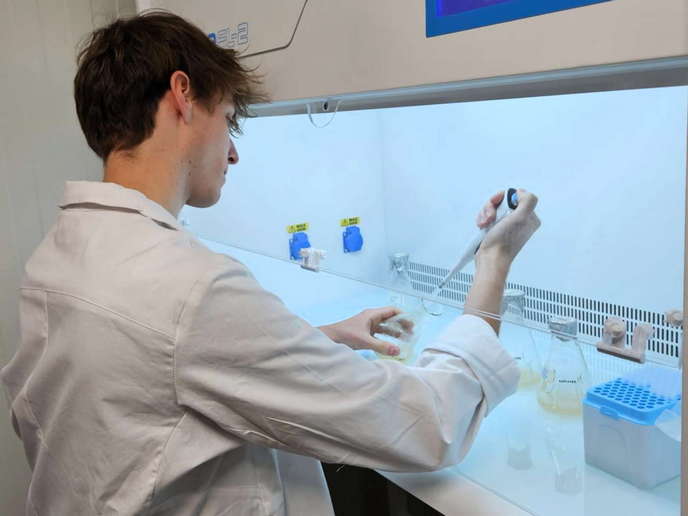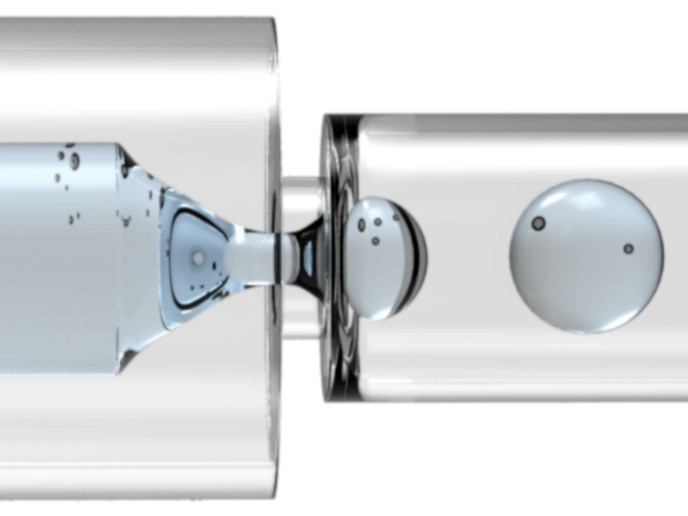Learning from social entrepreneurs
On the most basic level, there’s something inherently interesting and appealing about entrepreneurs and the stories of why and how they do what they do. These exceptional people come up with brilliant ideas and often succeed at creating new products and services that dramatically improve people’s lives. The project 'Social entrepreneurs as "lead users" for service innovation' ((SELUSI) explores how social entrepreneurs can help companies in high-tech or knowledge-based services improve their service functions. For two years, the SELUSI team collected data about social enterprises and specifically attributes of social entrepreneurs. The social enterprises surveyed were those whose primary goal was to produce a social good. These enterprises also self-generated at least 5 % of their own revenues and employed at least one fulltime worker. Measured against similar but not as extensive datasets, valuable data was collected from Hungary, Romania, Spain, the UK and Sweden. The resulting data supports the idea that social entrepreneurs are 'out of the box' thinkers and can contribute qualitatively different ideas to mature corporate environments. The data is extensive and includes operational models, financial summaries, market plans and growth potential opportunities. Additional survey data collected was about the types of innovations made. Results showed that 67 % of innovations made by social enterprises were service-related. At the time of start-up, 57 % of the social enterprises were venturing into a new market with no competition or similar service. In disseminating the data and results of the research, policymakers and EU corporations can use the findings to create a stronger EU economy. Emerging social entrepreneurs are a powerful and external intelligence to be leveraged in the increasingly intense competition from abroad.
Keywords
Innovation, service sector, social entrepreneurship, enterprises, economy







